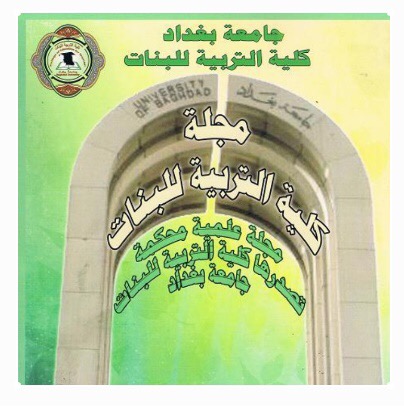Developing Faculty Performance Competencies and their Reflection on Achieving Total Quality in Higher Education Institutions
Abstract
Total Quality Assurance Concept have appeared in Higher Education Institutions as a result of the continuous criticism for the lower quality of the outputs of these institutions and their inappropriacy to the needs of the job market. The faculty, i.e. teaching staff member, is one of the most important output for his/her responsibility to achieve the stated goals in higher education. This represents a problem that may influence the construction of society which has to limit his tasks, responsibilities, and competencies that should be found in a faculty, and evaluating his teaching profession in light of the prerequisites of the century to become an input to achieve quality assurance in Higher Education. Therefore, the present study aims at answering the following questions:
1. What are the roles of a faculty and his tasks that should be performed at University?
2. What are the criteria to achieve quality assurance in Higher Education and their relationship to the faculty?
3. What are the justifications and the methods employed to develop faculty profession, and their effect on quality assurance in Higher Education?
The analytic descriptive method of research is applied in introducing the concepts, experiences, studies and attitudes in this respect and fulfill the answer to the three afore posed questions.
In response to the first question, several major domains are specified to show the different roles of a faculty, and the competencies that should be available in a faculty to fulfill his roles effectively. In response to the second question, it is obvious that the elements of Total Quality are the programs, curricula, teaching staff members, University buildings, students support, evaluation process, and feedback.
The relationship among these criteria and the faculty effect the performance development in their institutions, and this will help them to reach beyond their traditional skills and tasks in their job and achieve quality assurance and provide funding resources for the institutions.
In response to the third question, it is found that faculty development should be built on a strategy plan taking into account the effecting factors, involving faculty in planning the training programs to meet their needs and funding, and emphasizing the importance of training as a promotion prerequisite for the faculty. In the light of these findings, suitable conclusions and recommendations are put forward in terms of developing faculty teaching performance and achieving Total Quality.

Published
Issue
Section
License
![]()
All articles published in Journal of College of Education for Women are licensed under a Creative Commons Attribution 4.0 International License.










